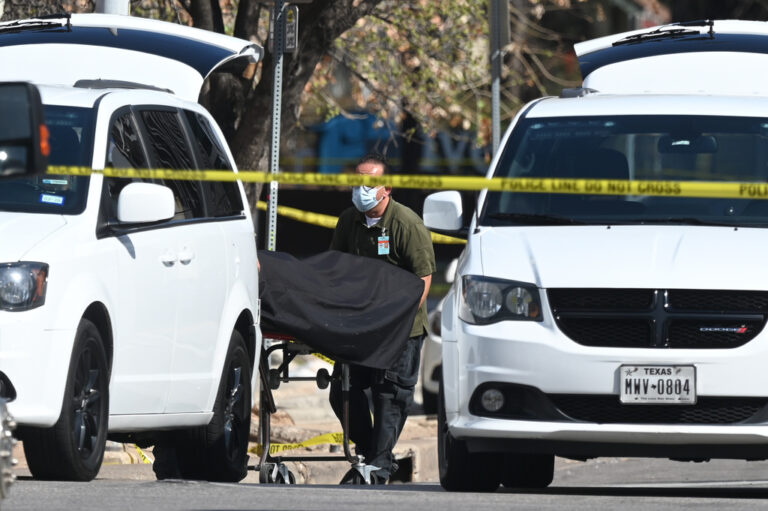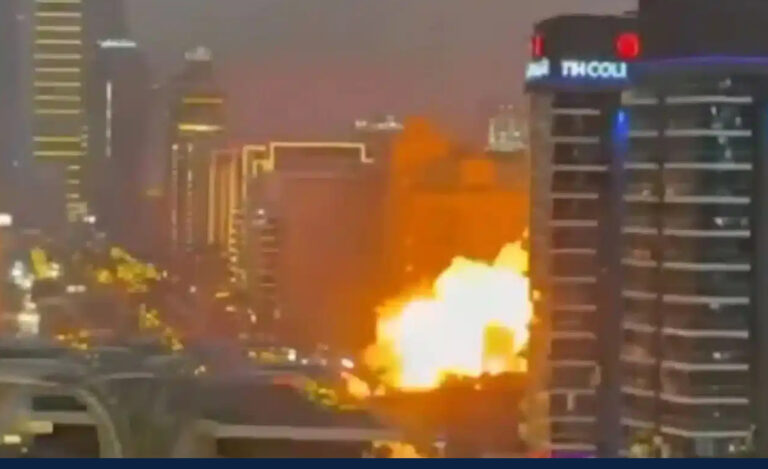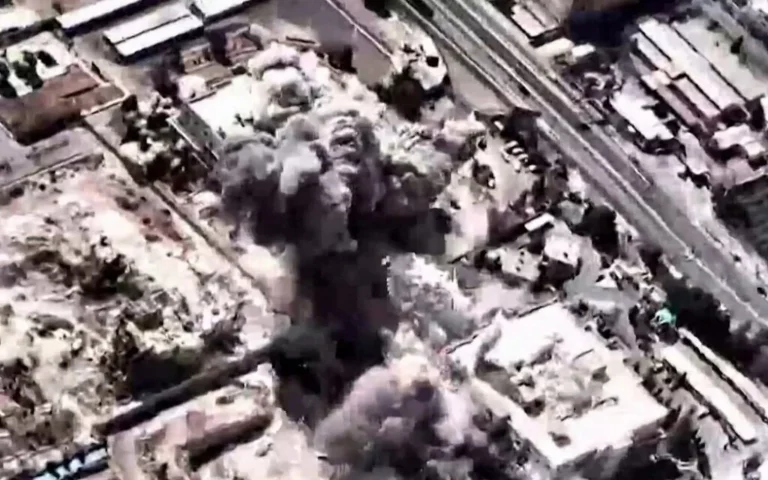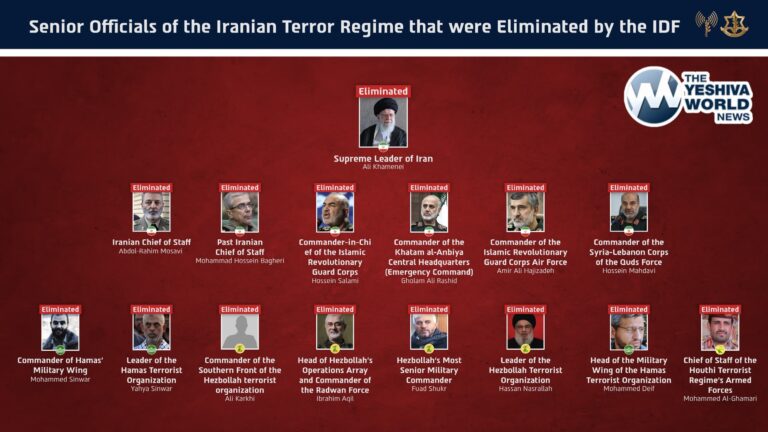Two British soldiers who circulated grotesque footage of Hamas atrocities following the October 7 terror attacks have been dismissed from the military.
Signaller Zakariya Munir, 22, and Signaller Mohammed Salah, 34 — both members of the British Army’s 10th Signal Regiment — were sentenced following a court martial earlier this month at Bulford Military Court. According to a transcript obtained by the Jerusalem Post, both were found guilty of sharing what the judge called “grossly offensive” videos depicting murder, desecration of corpses, and war crimes committed by Hamas during and after their brutal rampage in southern Israel.
Though both men pleaded not guilty, the facts were damning.
The first videos began circulating just one day after the attacks. On October 8, Munir messaged Salah saying he had footage “they won’t show in the news.” That footage, the court heard, depicted headcam footage of Hamas terrorists rifling through dead bodies of Israeli soldiers, searching for ammunition and kicking corpses.
Salah, instead of reporting the material, forwarded it to others — including fellow servicemen — via WhatsApp.
Over the next few weeks, Munir continued to send Salah increasingly graphic content. One video showed dozens of civilians lying in pools of blood. Another, sent on October 16, depicted a group of men urinating, stamping on, and kicking bound corpses — victims who appeared to be elderly, their heads bagged, their hands tied.
On October 31, Munir sent Salah a video showing men kneeling before armed executioners, each of whom walked behind the kneeling men and shot them in the back of the head. “A deeply shocking video,” the judge said.
Salah, to his credit, did not forward the final video and reported it. But the damage was already done.
The court found that both men violated Section 127 of the UK’s Communications Act 2003, and their behavior was far removed from what’s expected of soldiers in the British Army. They weren’t just violating standards — they were actively betraying them.
“They showed offences where people had been killed and their bodies were being violated,” the Judge Advocate stated bluntly. “It is highly likely that those who were responsible for the killings had committed the offence of murder or related war crimes.”
The judge rejected the notion that rank excused responsibility. “Although you were private soldiers,” he said, “there was every opportunity for you to seek advice from your chain of command about what to do with this material… Yet you, Signaller Munir, chose to distribute it further to Signaller Salah, and he distributed it further within the British Army community and outside the Army.”
The judge compared the conduct to the distribution of child abuse imagery, stressing that, although not identical, the gravity was comparable in its grotesque exploitation of human suffering.
Salah’s personal circumstances — including his family’s reliance on his military income — were acknowledged, but ultimately didn’t matter. “The mitigation which your personal circumstances provide… does not prevent us from dismissing you,” the judge ruled.
(AP)











